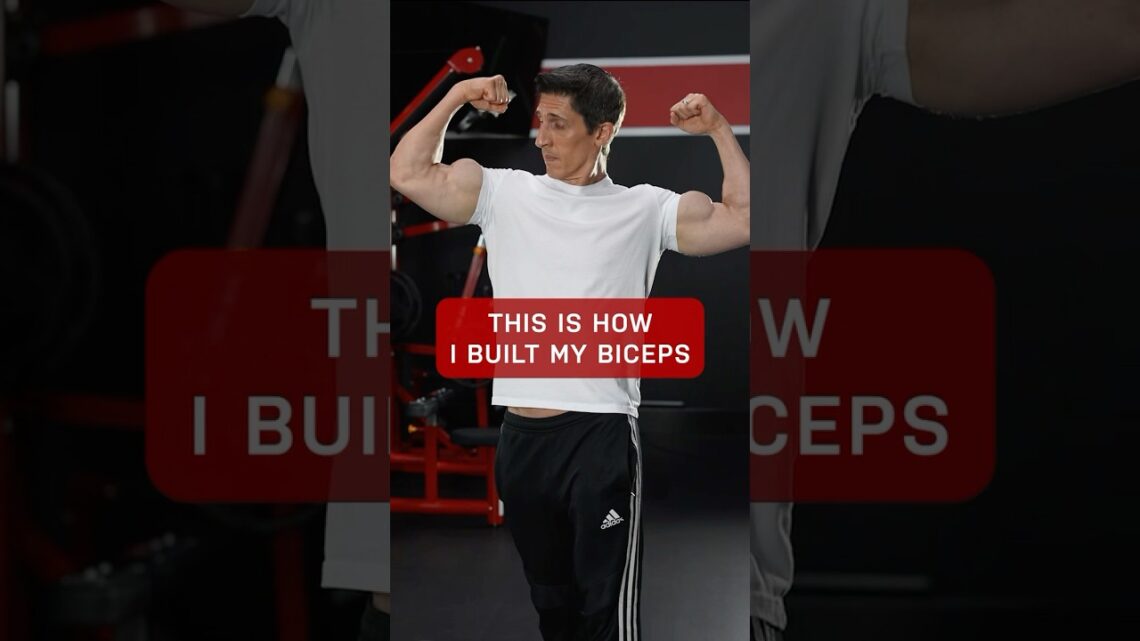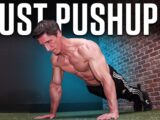
How to Build Huge Biceps (ROUND / FULL)
September 6, 2025If you can’t build big biceps, there is likely a big mistake that you are making. Too often do I see people rushing through their sets of curls (and most other exercises).
Next time you do a set of curls, time yourself. You are likely taking less than 30 seconds to complete your set and that’s a problem.
Instead of rushing, slow down your curls.
When I say to slow down your curls, I am specifically talking about the eccentric lowering of the weight. While you want to be explosive on the way up and allowing a small amount of cheat, don’t go past vertical (that’s just using your back to heave the weight up.)
By allowing yourself to slow down on the eccentric, you are taking advantage of time under tension as well as the eccentric damage that is proven to cause muscle growth.
How slow should you go? About 4 seconds on the way down. This will bring the time of your set to 48 seconds instead the likely 24. Doubling the time of the set will be the key to unlocking biceps growth, especially if you are struggling with it now.
Remember, it’s not just what exercises you do that matters, it’s how you do them that makes all the difference in the world.
For more tips on building muscle, be sure to stay tuned to this channel and remember to subscribe so you never miss another video from a physical therapist with a pro sports background as a PT and strength coach.
You can subscribe to this channel here – http://bit.ly/2b0coMW
Get Your Workout & Meal Plan:
📝 https://www.athleanx.com
Connect With Me:
👉 https://www.instagram.com/athleanx
For complete step-by-step workout programs, head on over to athleanx.com and make sure to use the program selector to find the training plan that is best suited to your personal goals.
Jeff Cavaliere MSPT, CSCS served as both the head physical therapist and assistant strength coach for the New York Mets. Jeff earned his Masters of Physical Therapy and Bachelor’s of Physioneurobiology from the College of Health Sciences University of Connecticut Storrs. He is a certified Strength and Conditioning Specialist by the National Strength and Conditioning Association (NSCA).



